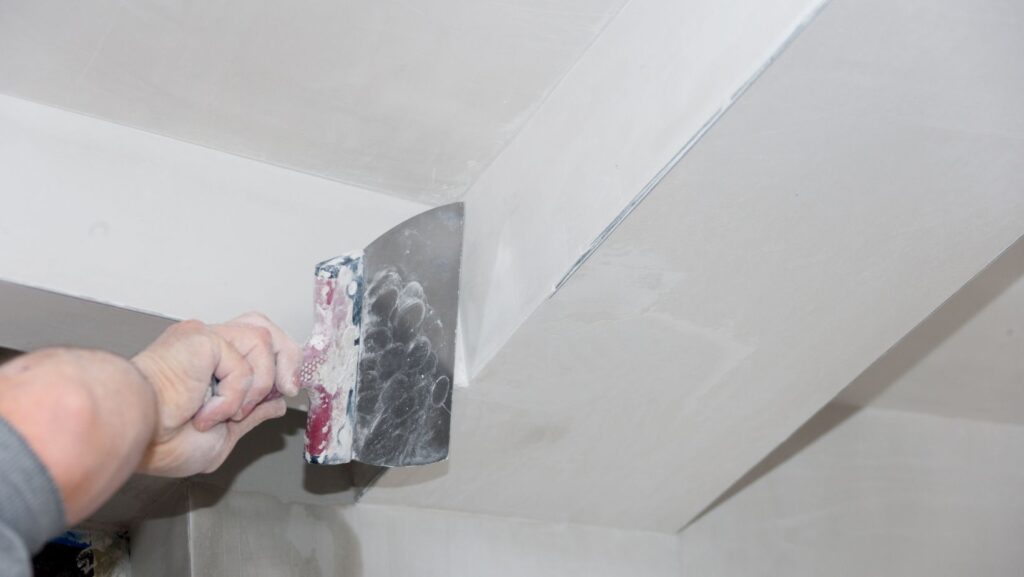Embarking on a home improvement project? You’re not alone. Every year, millions of homeowners invest in revamping their spaces, seeking to create a home that’s more comfortable, functional, or simply more aesthetically pleasing. But there’s one crucial element that often gets overlooked: the home improvement contract.
This contract isn’t just a piece of paper—it’s your safety net. It ensures that both you and your contractor are on the same page about what’s going to be done, how much it’ll cost, and when it’ll be finished. A well-crafted home improvement contract template can save you from potential disputes down the line. So, let’s dive into the nuts and bolts of what makes a solid home improvement contract.
Home Improvement Contract Template
 Selecting an appropriate home improvement contract template necessitates careful consideration. Consider significant factors, such as comprehensiveness and specificity, which contribute to the effectiveness of the contract. A comprehensive contract covers all aspects of the project, from materials to labor costs. Similarly, specificity relates to the precise details included, such as project timelines and penalties for delays, if any. Also, it’s beneficial to consider a template that accommodates industry standards for maximum protection.
Selecting an appropriate home improvement contract template necessitates careful consideration. Consider significant factors, such as comprehensiveness and specificity, which contribute to the effectiveness of the contract. A comprehensive contract covers all aspects of the project, from materials to labor costs. Similarly, specificity relates to the precise details included, such as project timelines and penalties for delays, if any. Also, it’s beneficial to consider a template that accommodates industry standards for maximum protection.
Verify the template’s compatibility with local laws, as laws vary by location. A compliant contract adheres to these laws, safeguarding individuals from potential legal issues. Analysis of available templates play a key role as well. Feedback from users can provide invaluable insights into the template’s effectiveness and whether it meets essential needs. It takes some effort, but the right choice offers peace of mind through the course of the home improvement project.
Understanding Home Improvement Contracts
When approaching a renovation project, a home improvement contract remains a vital tool. This type of contract defines the parameters of a project, including project scope, costs, and timelines. A well-structured contract clears ambivalence, fostering a shared understanding between homeowners and contractors. Therefore, it’s crucial to have a robust and comprehensive contract template.
A choice of the contract template hinges on several factors—being comprehensive, specificity, and compliance with industry standards top the list. It ensures utter clarity—about project deliverables, component costs, expected timelines. The specificity in the contract becomes an assurance of expectations meeting reality.
Moreover, adherence to industry standards brings credibility to the contract. A superior-quality template meets these standards, providing a tried-and-tested format for recreational contracts. Compliance with local laws adds a layer of legal security, guarding against potential legal hiccups.
Common Pitfalls in Home Improvement Contracts

Identifying common errors in home improvement contracts ensures transparent and efficient project execution. First, vague or unspecific project descriptions result in confusion, unnecessary delays, and increased costs. For instance, stating “Repaint the living room” doesn’t outline specific expectations. Instead, a description like “Repaint the living room walls and ceiling using satin-finish pastel-blue interior paint” provides in-depth clarity.
In addition, omitting important details, such as payment terms and schedules, raises financial disputes. Specifying an upfront payment percentage, periodic payments based on milestones, and balance payment upon completion, maintains fiscal transparency.
Lastly, overlooking essential legal elements, like termination clauses and dispute resolution, exposes parties to potential legal issues. Having concise termination terms, such as “Either party can terminate the contract with a 30-day notice”, safeguards rights, and minimizes conflicts.
Implementing the Contract
With the right home improvement contract template, homeowners and contractors can avoid unnecessary headaches. It’s a tool that brings clarity to costs, timelines, and project scope, ensuring everyone’s on the same page. A well-crafted contract, compliant with industry standards and local laws, can help sidestep common pitfalls like vague descriptions and omitted payment terms. It’s not just about avoiding legal disputes or financial misunderstandings; it’s about fostering a smoother, more efficient renovation process. Remember, user feedback is a valuable resource for continuous improvement. So, don’t underestimate the power of a comprehensive home improvement contract. It’s your key to a successful renovation experience.



